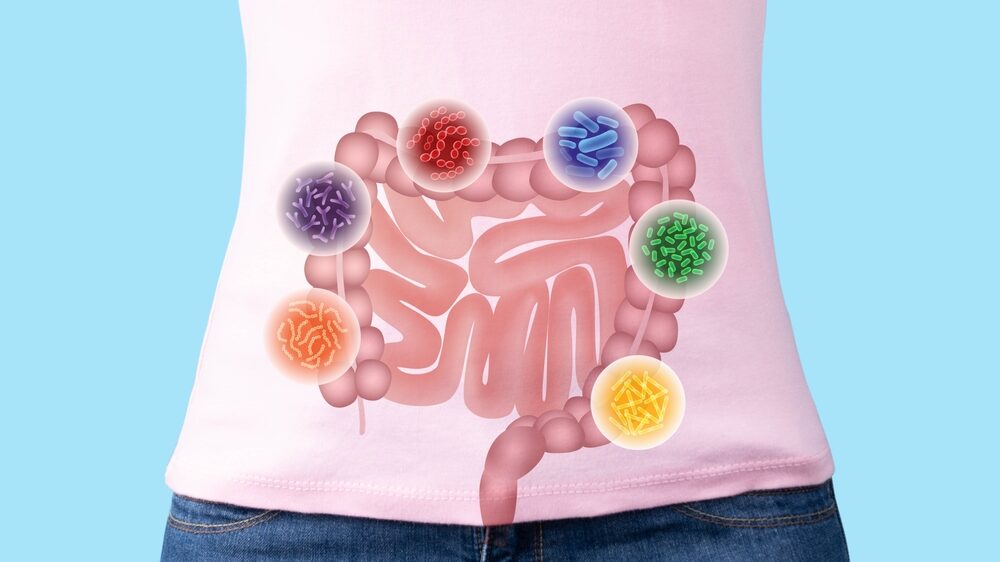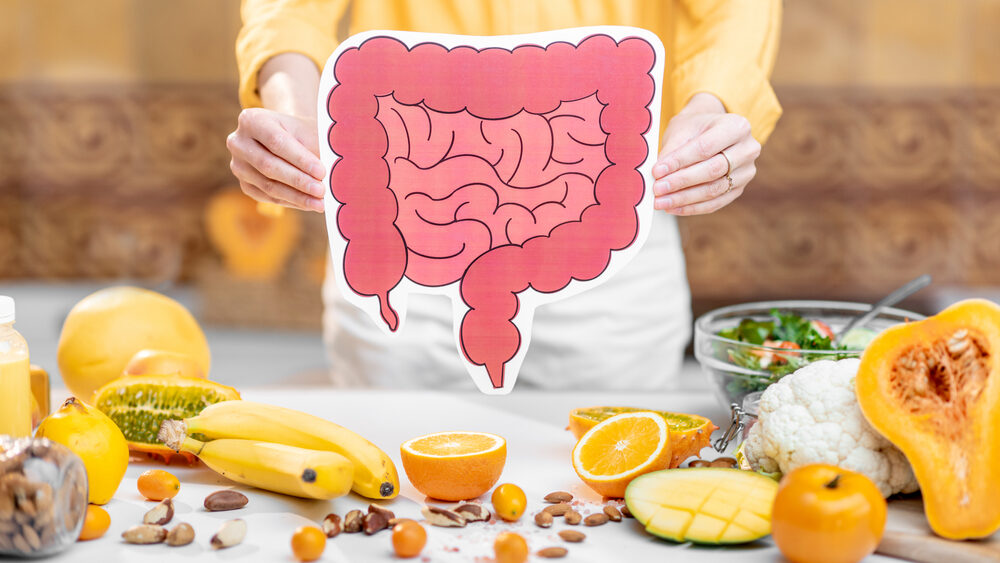Your body is home to trillions of bacteria, with the majority residing in your gut. These gut bacteria, also known as gut microbiota, play critical roles in maintaining your health. From aiding digestion and producing essential vitamins to influencing weight and managing inflammation, your gut health is central to your overall well-being.
This comprehensive guide explores how gut bacteria affect your weight, digestion, and appetite while highlighting foods that support a healthy gut microbiome.
The Importance of Gut Bacteria for Health and Weight Los
Trillions of microorganisms, including bacteria, fungi, and viruses, thrive within your intestines, particularly in the large intestine. In fact, your body has more bacterial cells than human cells.
Key Benefits of Gut Bacteria:
- Digestive support: Gut bacteria help break down complex nutrients, including fiber, which human enzymes cannot digest.
- Vitamin production: Certain bacteria synthesize vital nutrients, such as vitamin K and B vitamins.
- Immune system communication: Gut microbes interact with your immune system, helping to fight infections and reduce inflammation.
- Weight regulation: Healthy gut bacteria diversity has been linked to better weight management and reduced risk of obesity.

Gut Bacteria and Weight Gain
Your gut microbiota influences how food is digested, nutrients are absorbed, and energy is stored. Research has shown that people with obesity often have a lower diversity of gut bacteria compared to those at a healthy weight.
How Gut Bacteria Affect Weight
- Fiber digestion: Certain gut bacteria, like Prevotella, break down dietary fiber into beneficial short-chain fatty acids (SCFAs), which promote fat burning and appetite regulation.
- Fat absorption: Gut microbes influence how dietary fats are absorbed and stored in your body, impacting weight gain.
- Hormonal control: Gut bacteria produce SCFAs that trigger the release of hunger-regulating hormones like GLP-1 and PYY, helping you feel full longer.
Gut Bacteria and Inflammation
Inflammation is a natural immune response, but chronic inflammation caused by an unhealthy diet or imbalanced gut bacteria can contribute to weight gain and insulin resistance.
Certain bacteria, such as Akkermansia and Bifidobacteria, are anti-inflammatory and help maintain a healthy gut barrier. Including prebiotic-rich foods in your diet can encourage the growth of these beneficial microbes.
Best Foods for a Healthy Gut Microbiome
Optimizing your gut health begins with the foods you eat. A high-fiber, plant-based diet supports beneficial bacteria while limiting the growth of harmful ones.
Gut-Friendly Foods
- Whole grains: High in fiber, whole grains like oats, quinoa, and brown rice support the growth of beneficial bacteria like Bifidobacteria.
- Fruits and vegetables: Diverse plant-based foods provide prebiotics, which feed gut bacteria and improve microbiome diversity.
- Fermented foods: Probiotic-rich foods like yogurt, kefir, sauerkraut, and kombucha add live bacteria to your gut, improving digestion and immune function.
- Nuts and seeds: Rich in healthy fats and fiber, almonds, walnuts, and flaxseeds nourish beneficial gut bacteria.
- Polyphenol-rich foods: Dark chocolate, green tea, and red wine contain antioxidants that gut bacteria convert into anti-inflammatory compounds.

Foods to Avoid for Gut Health
- Sugary foods: High sugar intake feeds harmful bacteria, disrupting gut balance.
- Artificial sweeteners: Ingredients like aspartame and saccharin can reduce healthy gut bacteria and increase inflammation.
- Unhealthy fats: Saturated fats encourage the growth of inflammatory bacteria, while omega-3 fatty acids promote beneficial microbes.
How to Support Your Gut Health for Weight Loss
- Incorporate prebiotic and probiotic foods: Prebiotic-rich foods like bananas, asparagus, and garlic, paired with probiotic foods, create a balanced gut microbiome.
- Focus on high-fiber meals: Fiber-rich diets have been shown to aid in weight loss and prevent obesity.
- Stay hydrated: Water supports digestion and helps beneficial gut bacteria thrive.
- Limit processed foods: Minimize foods high in sugar, artificial additives, and unhealthy fats.
- Consider supplements: Probiotic and prebiotic supplements can help restore gut health after illness or antibiotic use.
To Conclude:
Your gut bacteria are more than just digestive helpers—they influence your metabolism, immunity, and even your appetite. A diverse and balanced gut microbiome can improve digestion, reduce inflammation, and support healthy weight loss.
By focusing on gut-friendly foods like whole grains, fruits, vegetables, fermented foods, and nuts, you can create a thriving environment for beneficial bacteria. Prioritize gut health, and you’ll likely see benefits in your energy levels, weight, and overall well-being.
Start your journey toward better gut health today—your body will thank you!
